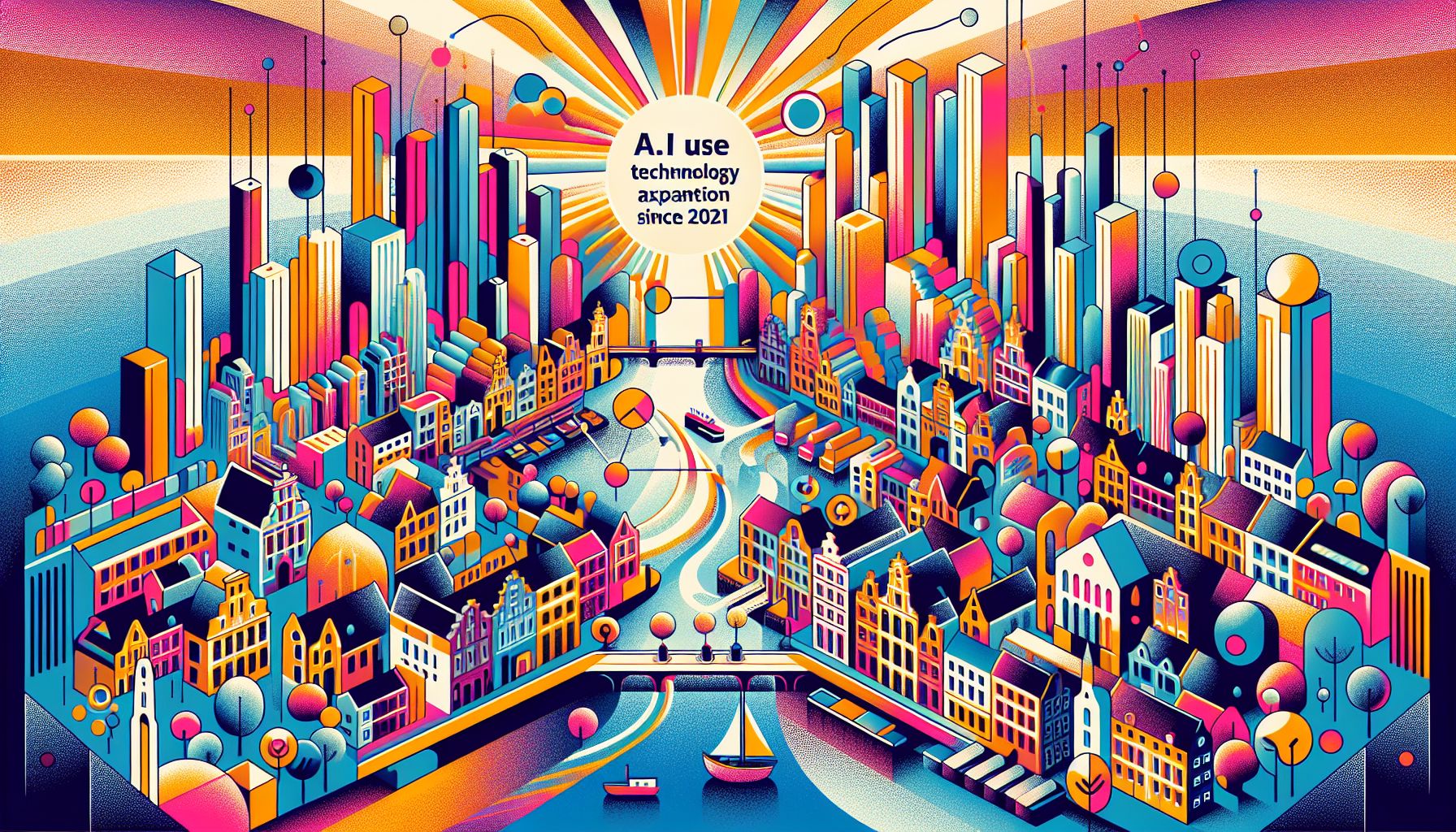Dutch Government's AI Usage Surges, Municipalities Lead the Way

The Dutch government’s AI applications have increased 1.5 times since 2021, with municipalities being the primary users, according to TNO research.
AI Applications in the Public Sector
The TNO report highlights that out of the 266 AI applications identified within government entities, municipalities account for 105 of them. This significant adoption rate underscores the increasing reliance on AI to enhance public services. The most common AI applications include knowledge processing, archiving, and anonymization, with 60 instances, followed closely by inspection and enforcement, which accounts for 54 applications[1].
Increased Transparency and Maturity
A notable advancement in 2024 is the enhanced transparency surrounding AI usage in public services. This year, only 38 out of 270 examples (14%) had unknown AI techniques, a substantial improvement from the 72 instances (44%) in 2021[2]. Additionally, there is a marked increase in the maturity of AI applications, with 102 fully implemented examples compared to 95 still in the experimental phase. This shift indicates a growing confidence and capability within government agencies to deploy AI solutions effectively.
The Role of the Algorithm Register
The introduction of the Algorithm Register in 2022 has been a pivotal step towards accountability and transparency in AI applications. As of now, 119 government organizations have registered their algorithms, ensuring that there is oversight and compliance with ethical standards[1]. This measure not only builds public trust but also facilitates a more standardized approach to AI implementation across various government sectors.
Future of AI Supervision
Looking ahead, the supervision of AI systems will be crucial, especially with the upcoming European AI Act set to enforce strict regulations on high-risk AI applications starting January 2025[3]. The Dutch Data Protection Authority (AP) and the Dutch Authority for Digital Infrastructure (RDI) have emphasized the need for adequate budget and personnel to oversee these tasks. Collaboration between supervisory authorities, developers, and users is deemed essential for effective oversight and ensuring AI systems meet the required standards before entering the market.
Government Initiatives and Training
To support the implementation and governance of AI, global initiatives such as the Government AI Campus, funded by a $5 million grant from Google.org, are providing tailored training to public servants[4]. This program aims to equip government workers with the necessary skills to manage AI’s ethical and technical aspects, ultimately reaching one million participants over the next two years. Such initiatives are vital in closing the knowledge gap and ensuring responsible AI usage in public administration.
Conclusion
The substantial rise in AI applications within the Dutch government, particularly at the municipal level, highlights a broader trend towards digital transformation in public services. With increased transparency, mature implementations, and comprehensive supervisory frameworks, the Netherlands is setting a benchmark for AI integration in governance. As the landscape continues to evolve, ongoing training and international collaboration will be key to navigating the complexities of AI and maximizing its benefits for society.

